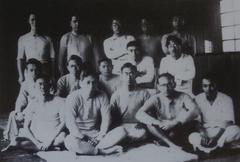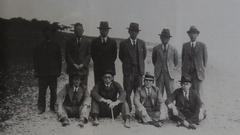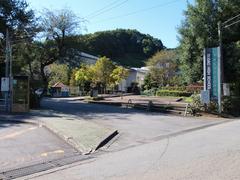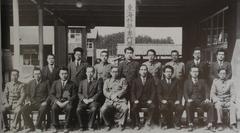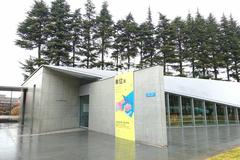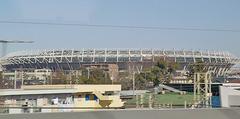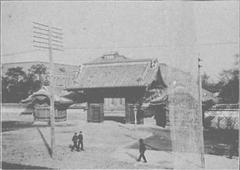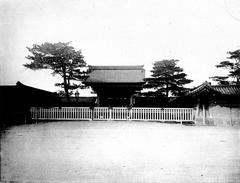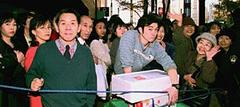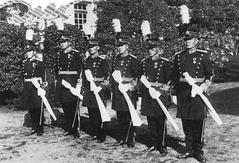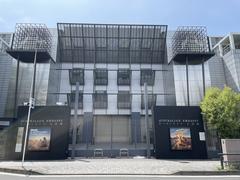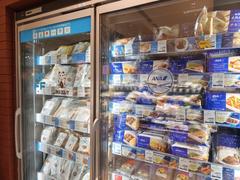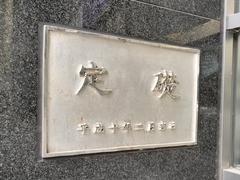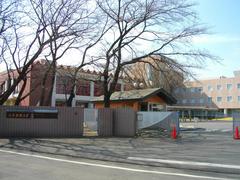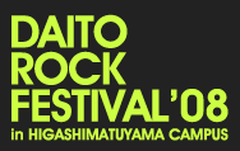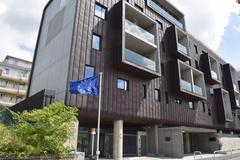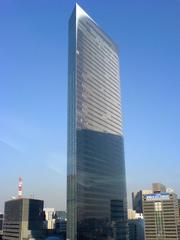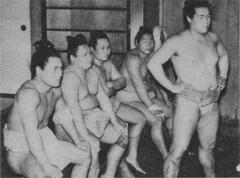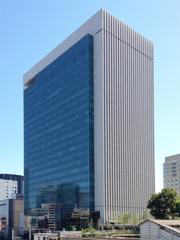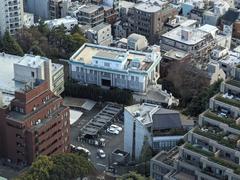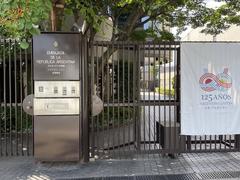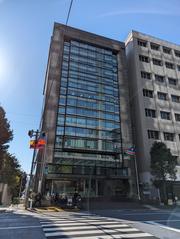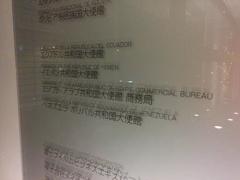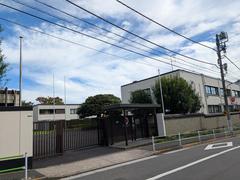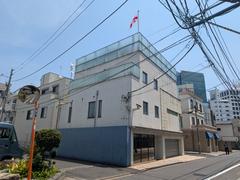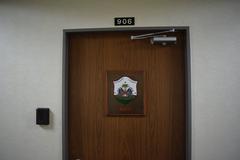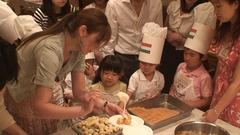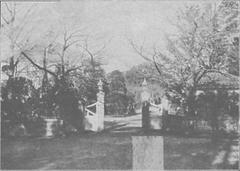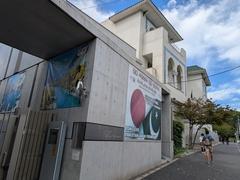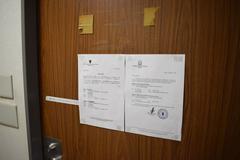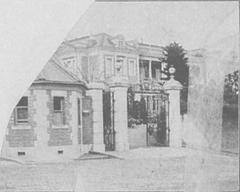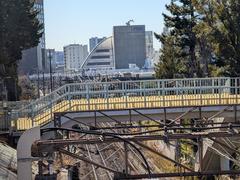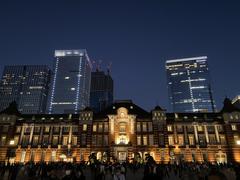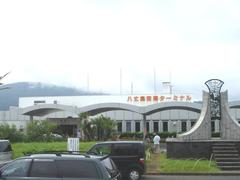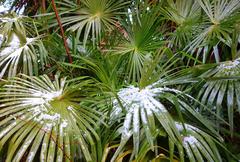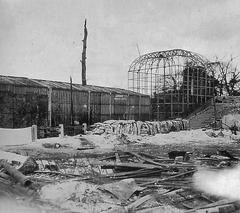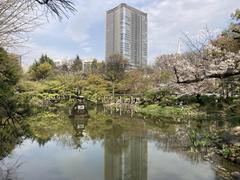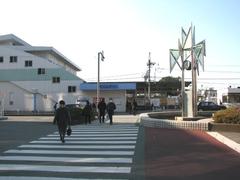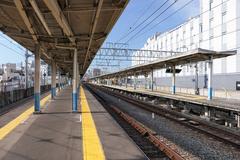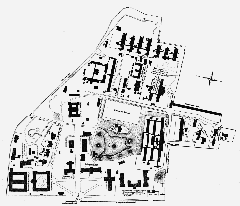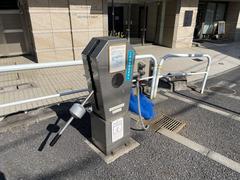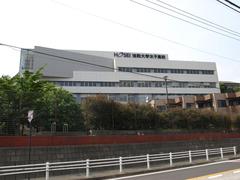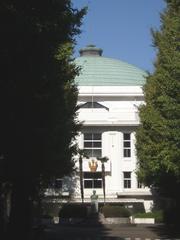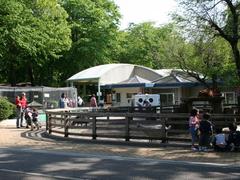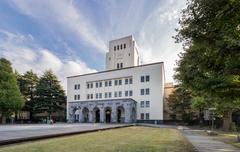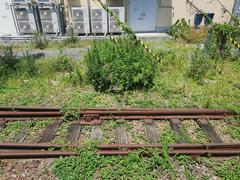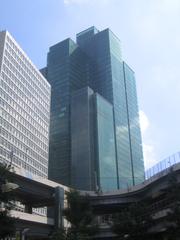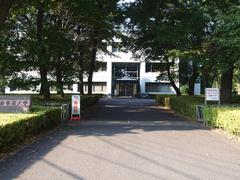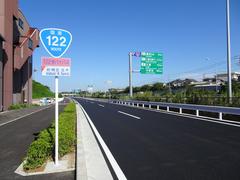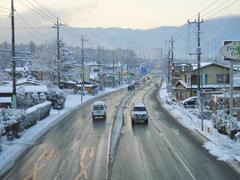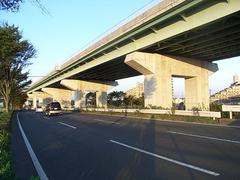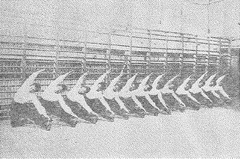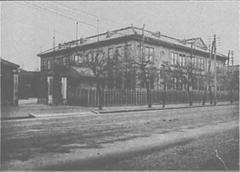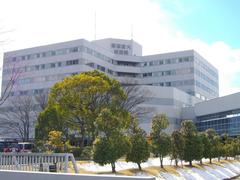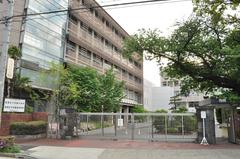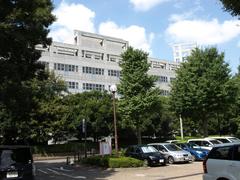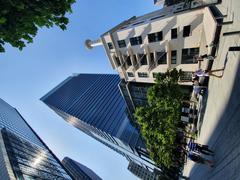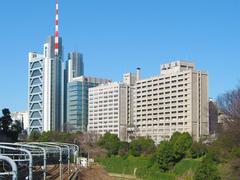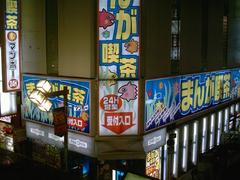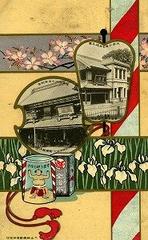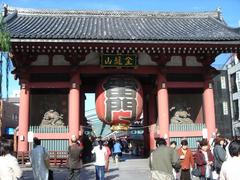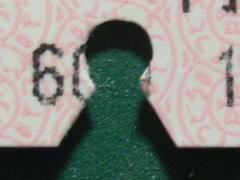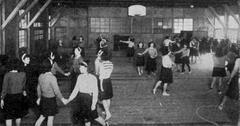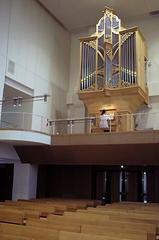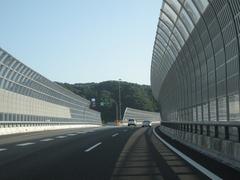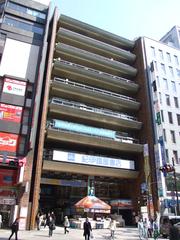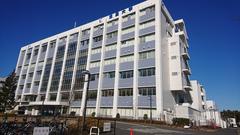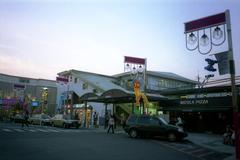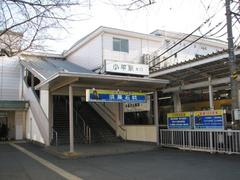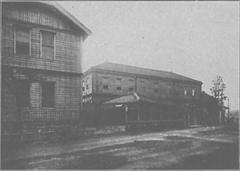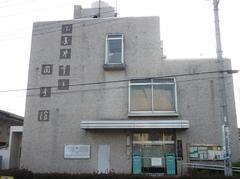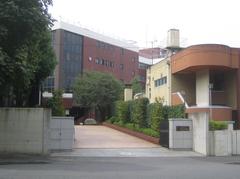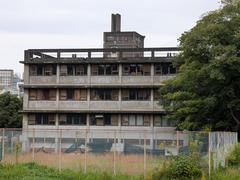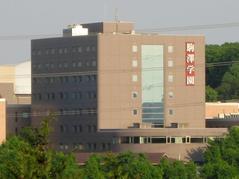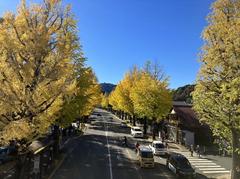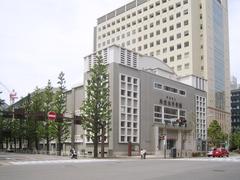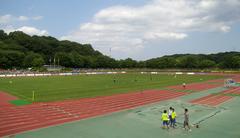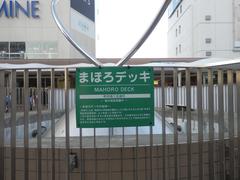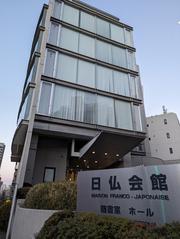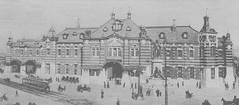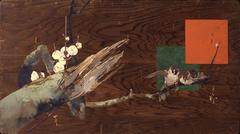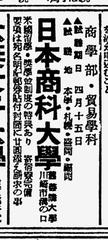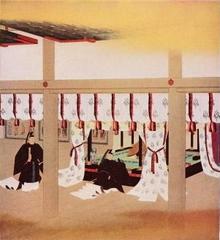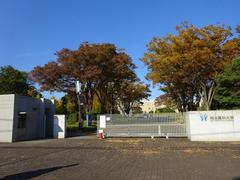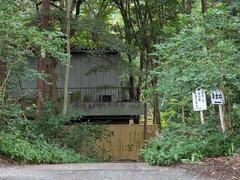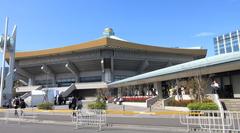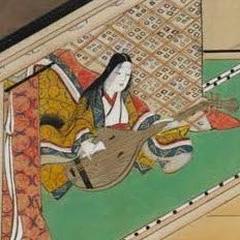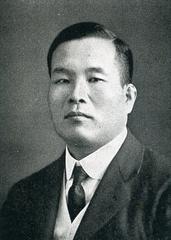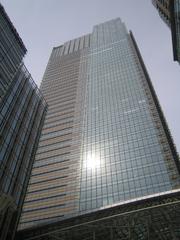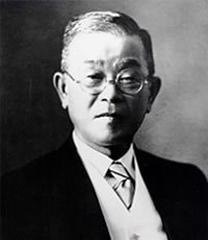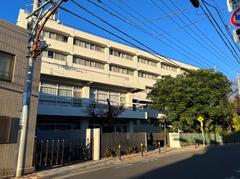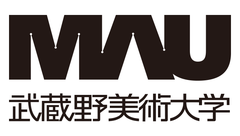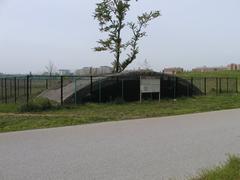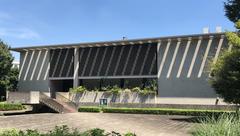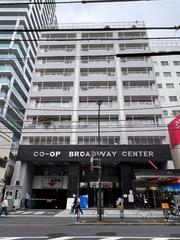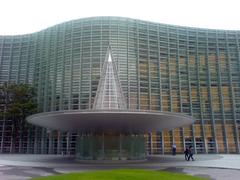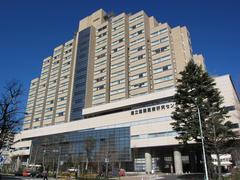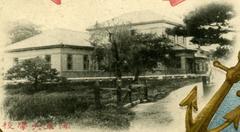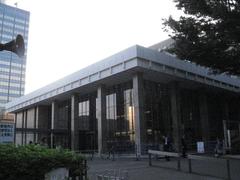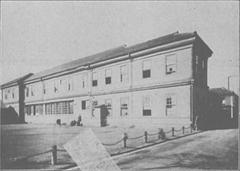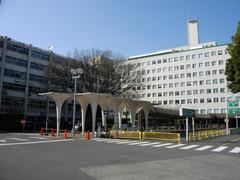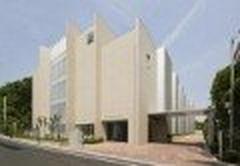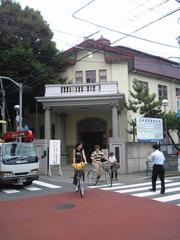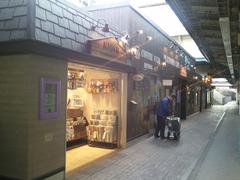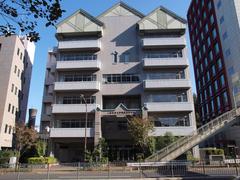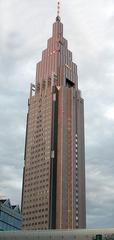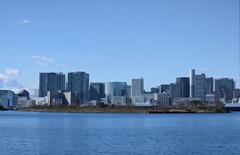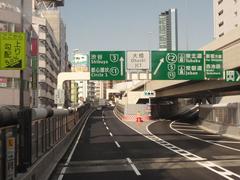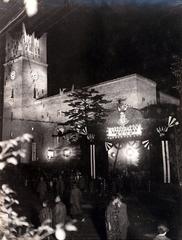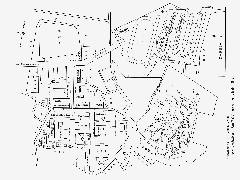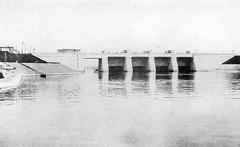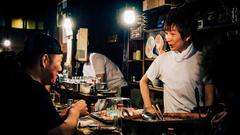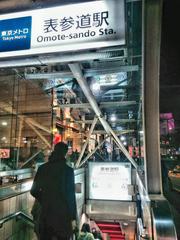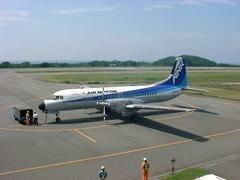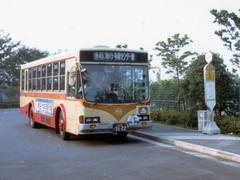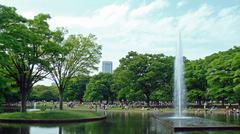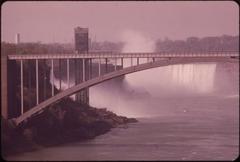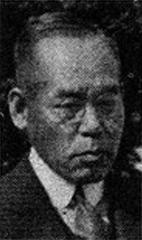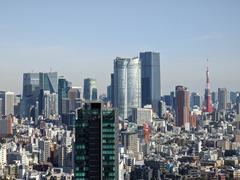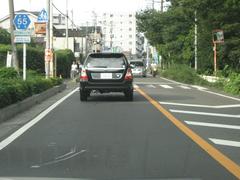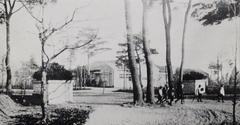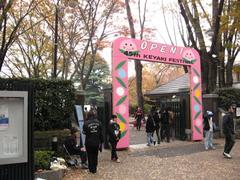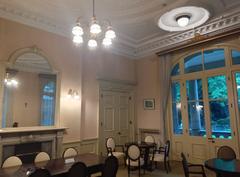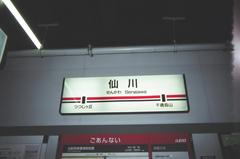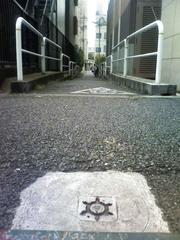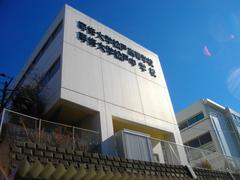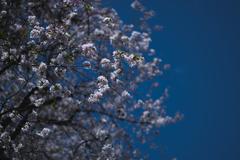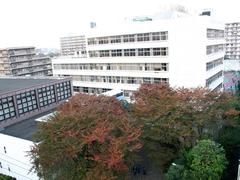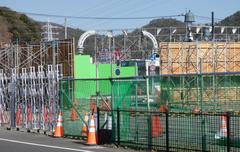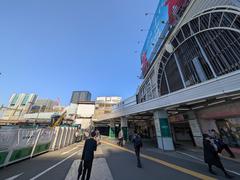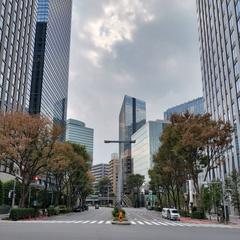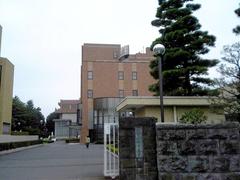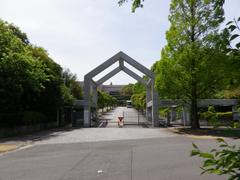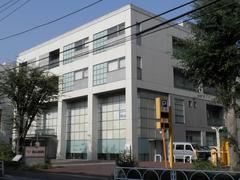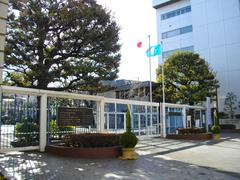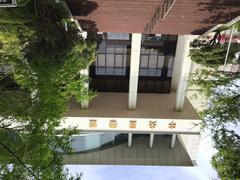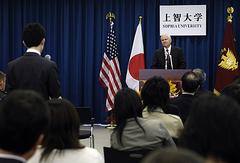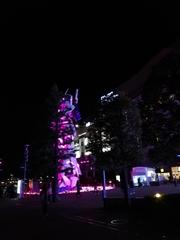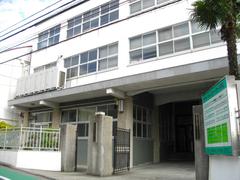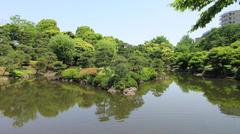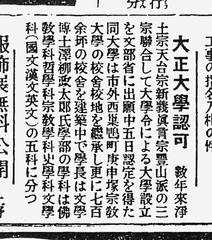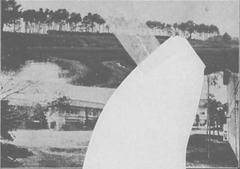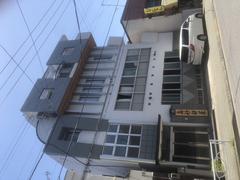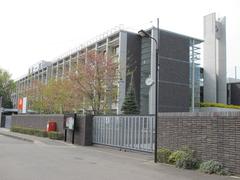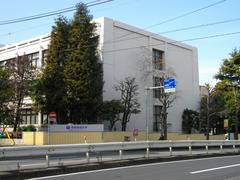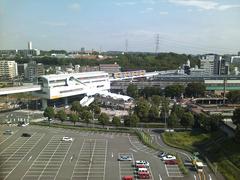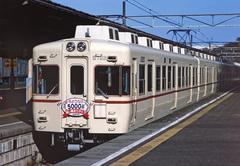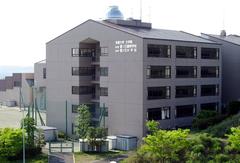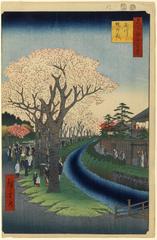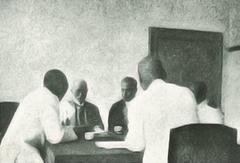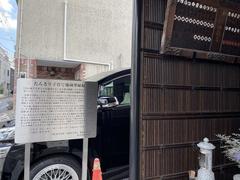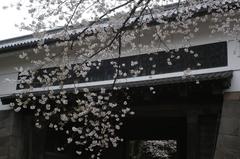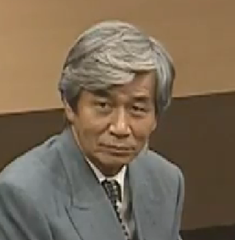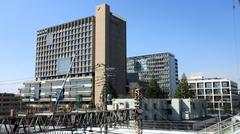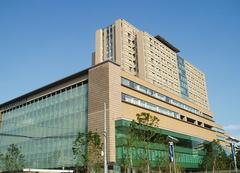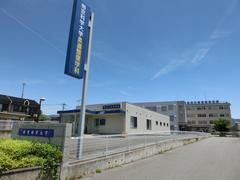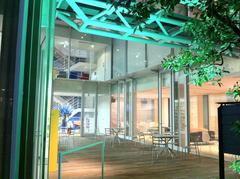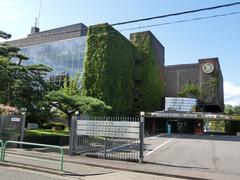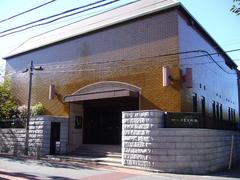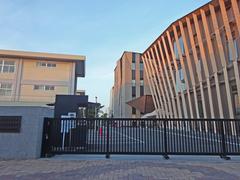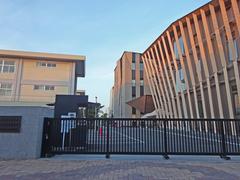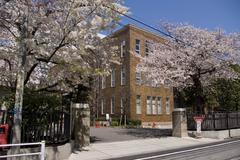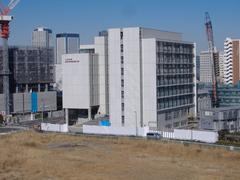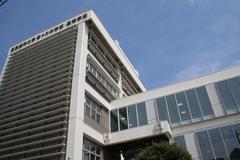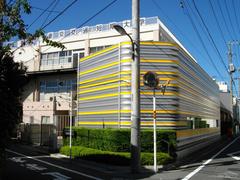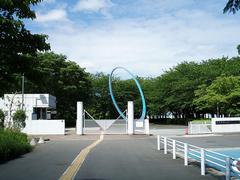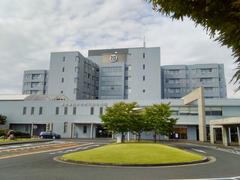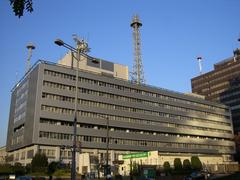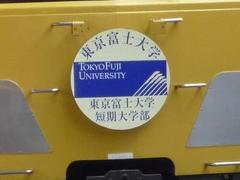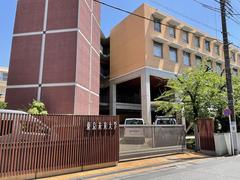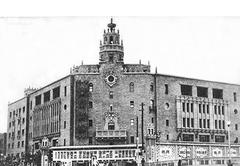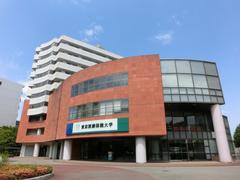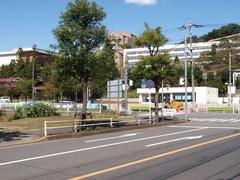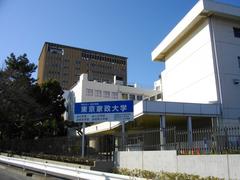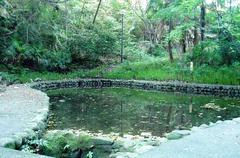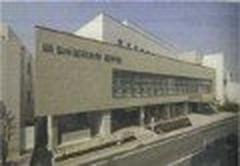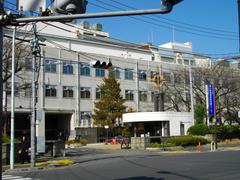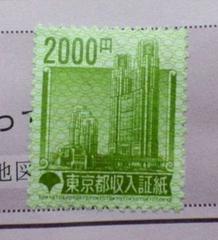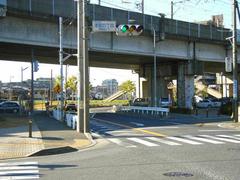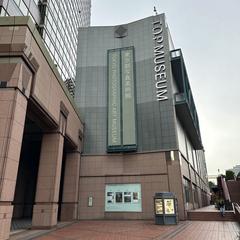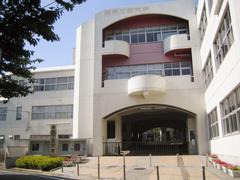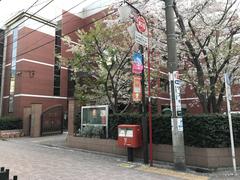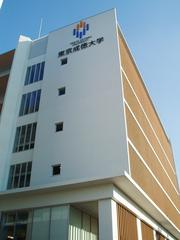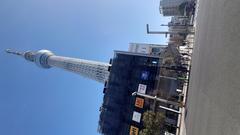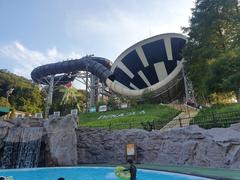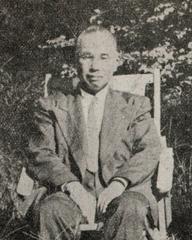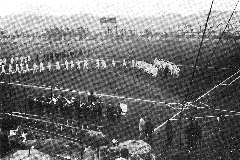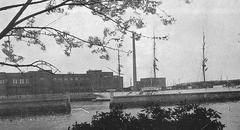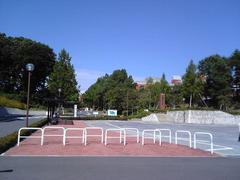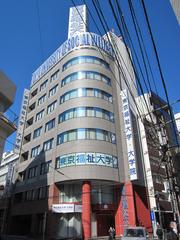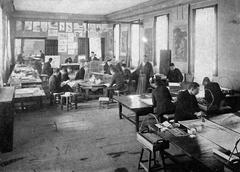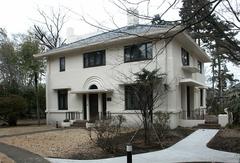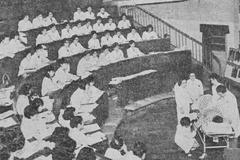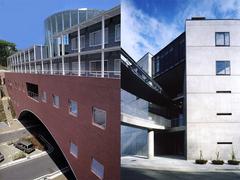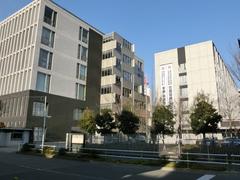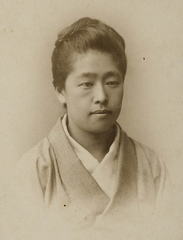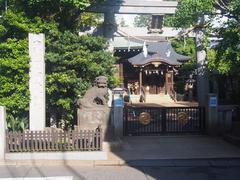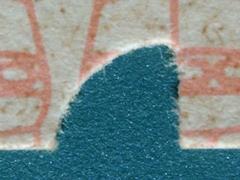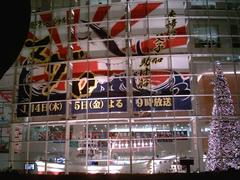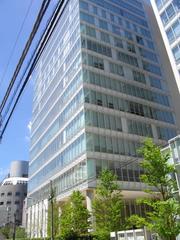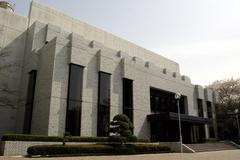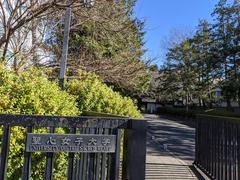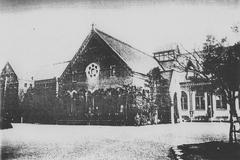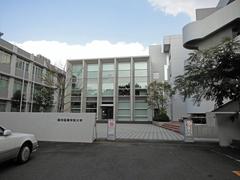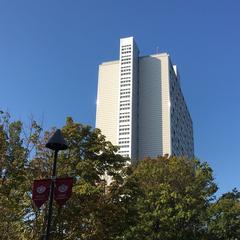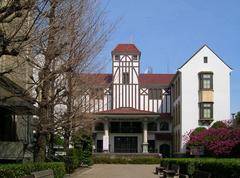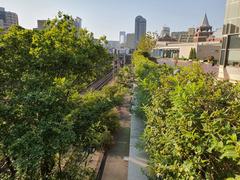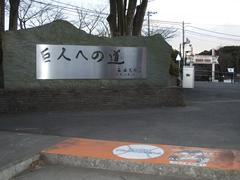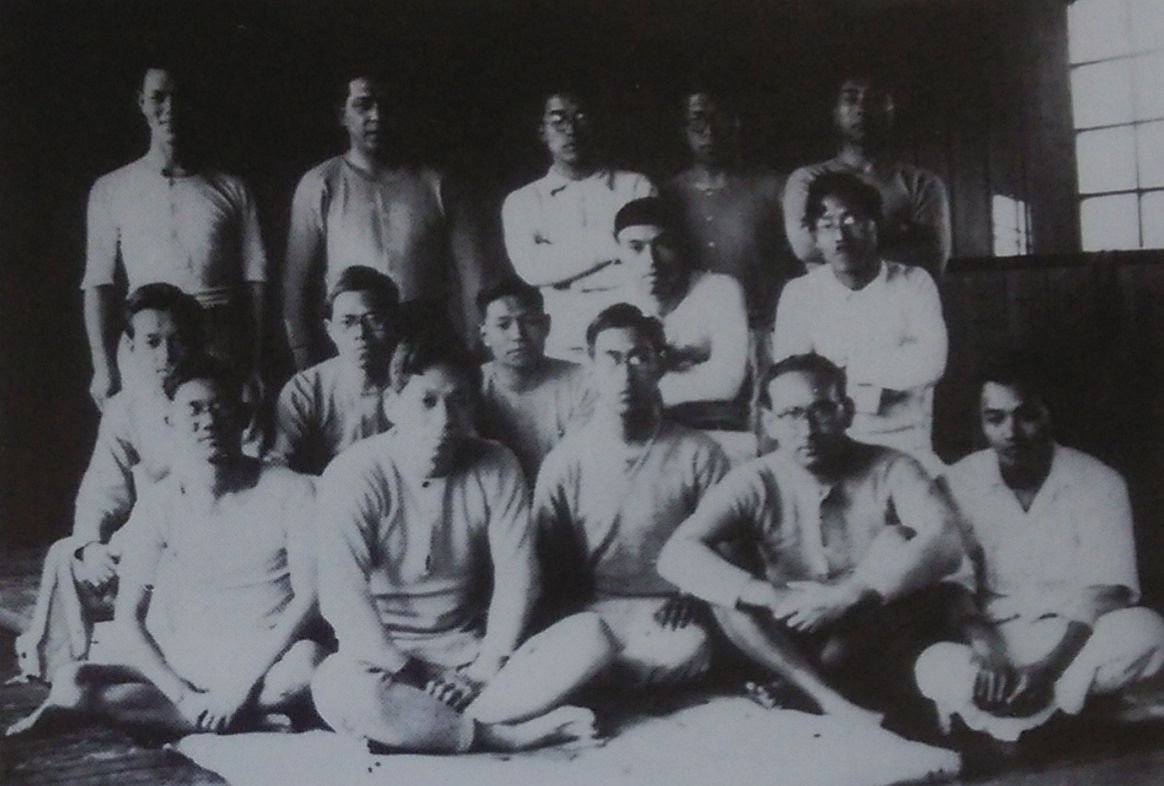
Tokai University Visiting Guide: Tokyo, Japan – Tickets, Hours, and Tips
Date: 14/06/2025
Introduction
Tokai University is one of Japan’s top private universities, renowned for its academic excellence, rich cultural heritage, and accessible campuses in Tokyo and Kanagawa. Established in 1942 by Dr. Shigeyoshi Matsumae, the university has grown to include multiple campuses, with the Yoyogi and Takanawa locations in Tokyo and the expansive Shonan campus in Kanagawa Prefecture. Visitors to Tokai University can explore historic monuments, vibrant student life, modern architecture, and a variety of cultural events. This guide provides essential information on visiting hours, access, campus highlights, tours, tips, and nearby attractions, ensuring you make the most of your visit to this cornerstone of Japan’s educational landscape (Tokai University Official, StudyJapan).
Table of Contents
- Introduction
- History and Significance of the Tokai University Monument
- Visitor Information
- Travel Tips and Nearby Attractions
- Campus Overview and Facilities
- Academic and Research Facilities Open to Visitors
- Visitor Practical Information
- Events and Seasonal Highlights
- Practical Tips for Visitors
- Accessibility for International Visitors
- FAQ: Common Visitor Questions
- Visual and Interactive Resources
- Conclusion and Recommendations
- References
History and Significance of the Tokai University Monument
The Tokai University Monument, located on the Yoyogi campus in Shibuya, Tokyo, is a symbol of the university’s founding principles: peace, humanitarianism, and global engagement. Erected in honor of Dr. Shigeyoshi Matsumae, the university’s founder, the monument reflects Tokai’s commitment to fostering a balanced education that nurtures both advanced knowledge and broad humanistic values. Visitors can appreciate the monument’s symbolic significance and explore its role within the wider context of Japanese educational history.
Visitor Information
Location and Access
- Yoyogi Campus: Easily accessible via Tokyo’s public transportation; nearest station is Yoyogi-Hachiman (Odakyu Line), a short walk from campus.
- Takanawa Campus: Located in Minato, Tokyo. Reachable from Shinagawa Station (JR/Keikyu Line – 18 min walk), Sengakuji Station (Toei Asakusa Line – 10 min walk), and Shirokane-Takanawa Station (Tokyo Metro Namboku/Toei Mita Line – 8 min walk) (StudyJapan).
- Shonan Campus: Near Hiratsuka Station, Kanagawa; about 90 minutes from central Tokyo by JR Tokaido or Odakyu Line.
Visiting Hours
- Campuses: Typically open to visitors from 8:30/9:00 AM to 5:00/6:00 PM on weekdays. Check the official website for updates during holidays or special events.
- Monument Area: Open during campus hours.
Admission and Tickets
- General Access: Free of charge for outdoor areas and most facilities.
- Special Events/Exhibitions: May require prior registration or tickets; always check ahead on the university site.
Guided Tours and Special Events
- Guided Tours: Occasionally available, especially during open campus days or university festivals. Most are in Japanese; English support may be available by prior request.
- Special Events: Cultural festivals, open campus days, and academic conferences are held throughout the year.
Accessibility
- Physical Access: Most buildings and outdoor areas have ramps, elevators, and accessible pathways.
- Support Services: Information desks can provide guidance for visitors with disabilities.
Travel Tips and Nearby Attractions
- Best Time to Visit: Spring (cherry blossom season) and autumn (fall foliage) for scenic beauty and pleasant weather.
- Photography: Popular photo spots include the monument, campus gardens, and art installations—especially during seasonal highlights.
- Nearby Attractions: Meiji Shrine, Yoyogi Park, Shibuya, Harajuku (Tokyo); Hiratsuka Hachimangu Shrine, Shonan Beach (Kanagawa).
- Dining: Cafes and restaurants inside and around campuses offer Japanese and international cuisine.
Campus Overview and Facilities
Multi-Campus Structure in Tokyo
Tokai University operates seven campuses across Japan. The Tokyo area is served by both Takanawa and Yoyogi campuses, each with unique atmospheres and easy transportation access (Smapse).
Campus Atmosphere and Layout
- Takanawa Campus: Landscaped courtyards, open spaces, and a relaxed study environment.
- Yoyogi Campus: Urban setting, compact, and close to major Tokyo attractions.
- Shonan Campus: Expansive, green, pedestrian-friendly, with a mix of modern and traditional buildings.
Academic and Research Facilities Open to Visitors
Libraries and Museums
- Access to academic libraries with Japanese and international collections is available to visitors; quiet study zones are provided.
- The Museum of the School of Marine Science and Technology hosts marine biology and environmental science exhibits.
Notable Architectural Highlights
- Matsumae Memorial Hall: Honors the university founder and hosts exhibitions and academic events (Smapse).
Visitor Practical Information
Transportation and Accessibility
- Public Transit: All campuses are well-served by train and subway lines; detailed maps are available at main entrances.
- Parking: Limited; public transportation is strongly recommended.
- Airport Access: From Narita/Haneda airports, use limousine buses or trains to Shinjuku, then transfer to the Odakyu Line for Shonan or Isehara campuses (Study Abroad Aide).
Accommodation
- On-campus housing is primarily for students, but nearby hotels and guesthouses are available in both Tokyo and Kanagawa locations (Smapse).
Dining and Amenities
- Cafeterias and Cafes: Serve affordable meals, including vegetarian options.
- Shops: On-campus stores offer snacks, souvenirs, and university merchandise.
Events and Seasonal Highlights
- University Festivals (Bunkasai): Held each autumn, featuring performances, food stalls, and cultural exhibitions—open to the public.
- Open Campus Days: Summer and autumn events for prospective students and families, including tours and sample lectures.
- Seasonal Scenery: Cherry blossoms (late March–early April) and autumn foliage (October–November) provide beautiful campus views (JW Web Magazine).
Practical Tips for Visitors
- Language: Most signage is in Japanese, with some English. Carry a translation app or phrasebook for convenience.
- Wi-Fi: Free in most public areas; obtain credentials at information desks if needed.
- Payments: Cash and Japanese electronic payment systems (Suica, PASMO) are widely accepted; credit cards may be limited in some cafeterias.
- Etiquette: Be respectful of campus rules, maintain quiet in academic buildings, and use designated smoking areas.
Accessibility for International Visitors
- International Office: Provides support for overseas guests, including language courses and cultural adaptation programs.
- Visitor Documentation: Bring identification, especially for group or academic visits.
- Academic Programs: Exchange opportunities and a year-long Japanese language program are available; undergraduate courses are primarily in Japanese (Times Higher Education).
FAQ: Common Visitor Questions
Q: What are Tokai University’s visiting hours?
A: Most campuses are open from 8:30/9:00 AM to 5:00/6:00 PM on weekdays. Facilities may have varied hours.
Q: Do I need tickets to visit?
A: No general admission tickets are required; special events may require registration.
Q: Is Tokai University wheelchair accessible?
A: Yes, most buildings and outdoor areas have accessible routes.
Q: Are guided tours available?
A: Occasionally, with advance booking recommended. English support may be available on request.
Q: Is there parking for visitors?
A: Limited parking is available; public transportation is recommended.
Visual and Interactive Resources
- Explore the official Tokai University virtual campus tour for an interactive experience.
- Download detailed campus maps and check the latest event schedules on the official Tokai University website.
Conclusion and Recommendations
Visiting Tokai University offers a unique opportunity to engage with Japan’s academic and cultural traditions. The university’s accessible campuses, rich history, and variety of events make it a rewarding destination for both local and international visitors. Plan your visit during spring or autumn for the best experience, and use resources like the Audiala app for interactive maps, language support, and up-to-date visitor information. Follow Tokai University’s official platforms for the latest news, and enjoy exploring one of Japan’s premier educational institutions.
References
- Tokai University Official
- StudyJapan
- Tokai University English Website
- Times Higher Education – Tokai University
- Study Abroad Aide – Tokai University
- JW Web Magazine – Things to Do in Tokyo
- Top Universities in Tokyo
- Tokyo Historical Sites Guide
- Student Life in Tokyo Universities
- Smapse – Tokai University
